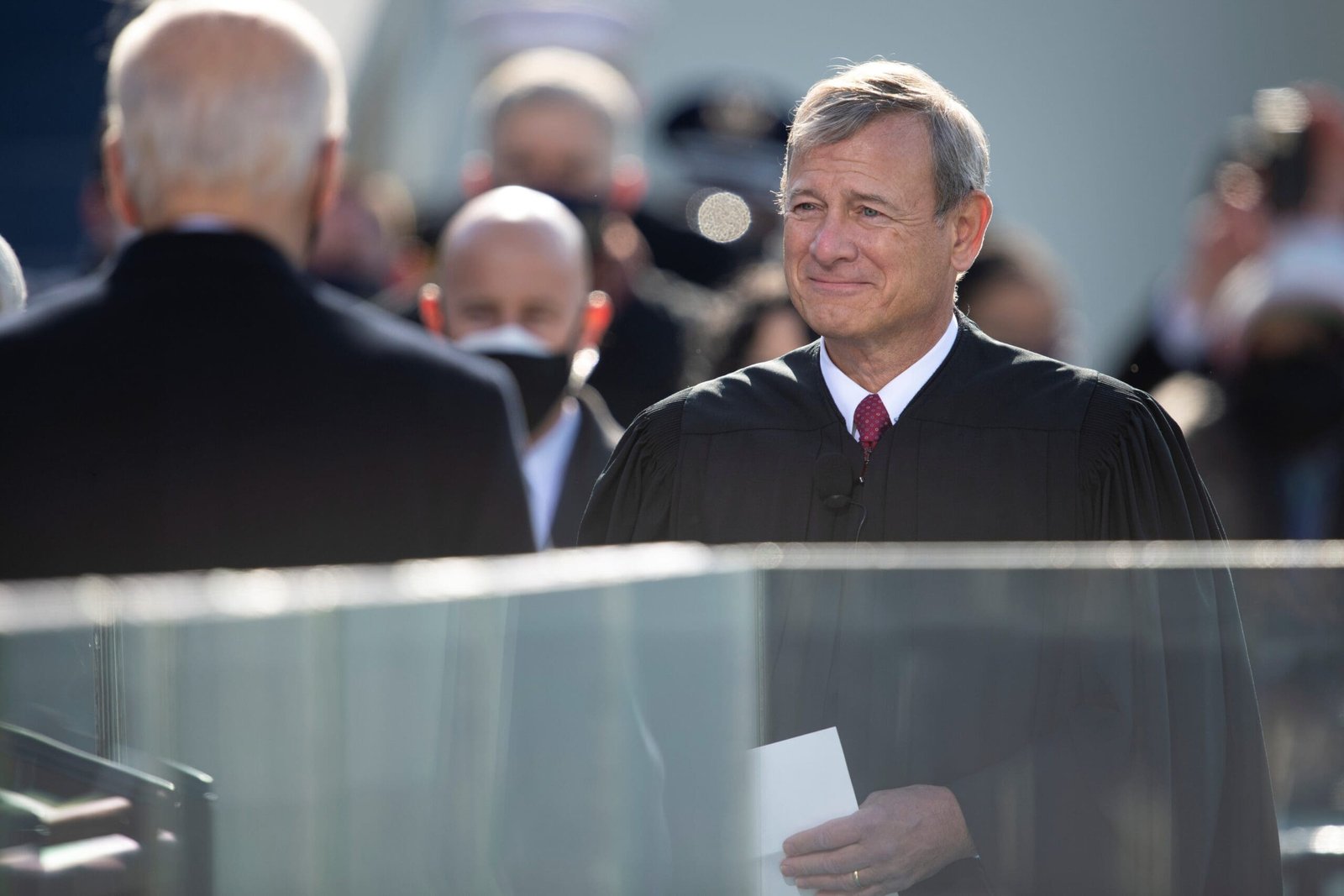Artificial intelligence is a mixed blessing for the legal profession, according to U.S. Supreme Court Chief Justice John Roberts in a year-end report released on Sunday, advocating “caution and humility” as the emerging technology affects how judges and lawyers go about their business.
The report, released on Sunday, makes absolutely no mention of the high court’s recent ethics scandals or the arguments involving former president Donald Trump that will likely dominate the coming months. Instead, the paper represents the chief justice’s most thorough public statement on AI. to date, building on his previous statements on the influence of developing technology on the law. In cases before them for years, the Supreme Court justices have struggled with adapting ancient legal doctrine to new apparatus, and this term is no exception.

In his 13-page report, Roberts used an ambiguous tone. He claimed AI. had the potential to improve access to justice for low-income litigants, modernize legal research, and help courts resolve cases more swiftly and cheaply. Still, he also raised “privacy concerns” and the existing technology’s incapacity to imitate human discretion.
Roberts has stated that courts must better integrate “modern technologies” into their operations. Roberts critiqued in 2014 when he announced the Supreme Court’s shift to an electronic case filing system, that courts “often choose to be late to the harvest.”
“For those who cannot afford a lawyer, AI. can help.” Sunday, Roberts wrote. “It drives new, highly accessible tools that provide answers to basic questions, including where to find templates and court forms, how to fill them out, and where to bring them for presentation to the judge — all without leaving home. These tools have the welcome potential to smooth out any mismatch between available resources and urgent needs in our court system.”
“I predict that human judges will be around for a while,” Roberts said. “But with equal confidence, I predict that judicial work – particularly at the trial level – will be significantly affected by AI.”
This is the chief justice’s most extensive analysis of AI’s impact on the legal system to date, and it comes as several lower courts struggle to figure out how to accommodate a new kind of computer that can pass the bar test but also create entirely fictional material, sometimes called “hallucinations.”
According to Roberts, “Any use of AI. requires caution and humility.” He cited an example in which “AI. hallucinations caused lawyers to cite non-existent cases in court papers,” which he described as “always a bad idea.” Roberts did not go into detail, only adding that the phenomenon “made headlines this year.”
For example, in court papers revealed this week, Michael Cohen, Donald Trump’s former fixer and lawyer, stated that he supplied his attorney with bogus case citations generated by A.I. software that made their way into an official court file. There have also been reports of lawyers citing AI-hallucinated cases” in legal papers.
Last month, a federal appeals court in New Orleans made headlines by releasing what appeared to be the first draft regulation by any of the 13 United States appellate courts targeted at controlling “the use of generative AI. tools like OpenAI’s ChatGPT by lawyers appearing before it.”
The 5th U.S. Circuit Court of Appeals’ proposed regulation would compel lawyers to attest that they did not use artificial intelligence programs to create briefs or that humans checked the accuracy of any material generated through AI. in their court filings.
Watch the video: The Future of Law: Will AI Replace Lawyers?




